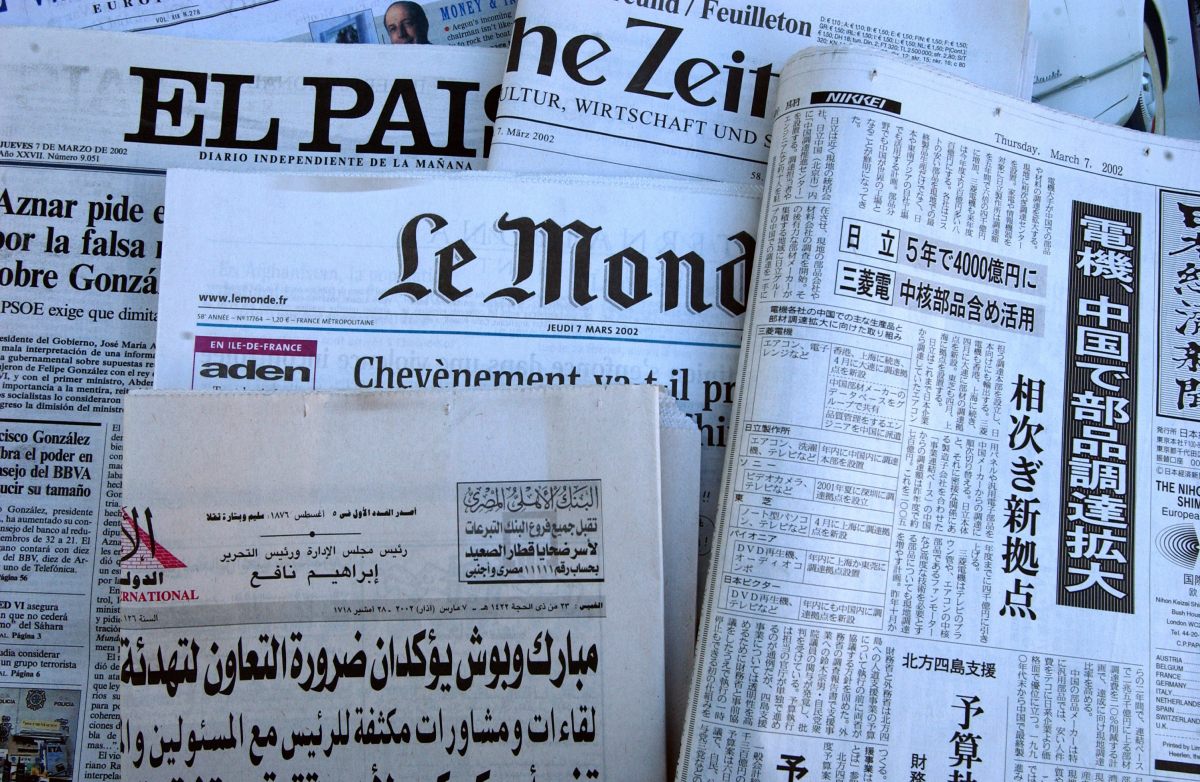Maltàs press freedom continues to deteriorate


VALLETTA (MALTA) (ITALPRESS/MNA) – According to Reporters Without Borders’ annual World Press Freedom Index, press freedom in Malta continued to weaken in the past year. Malta was classified in 84th place among 180 countries, six places lower than in 2022.
The report noted that journalists in Malta have to cope with a highly polarised environment under the strong influence of political parties.
Although the public inquiry into the assassination of Maltese journalist Daphne Caruana Galizia was concluded in 2021, the report said that the Maltese government was reluctant to implement the recommendations listed in the inquiry report. The inquiry had concluded that the state must shoulder responsibility for the assassination because it created an atmosphere of impunity. Almost six years after the assassination of Caruana Galizia, the report noted that full justice is yet to be served.
It was observed that the ruling Labour Party exerts a strong influence over the public broadcaster. It also makes use of public advertising to exert pressure on private media.
“Many politicians select specific journalists for exclusive interviews, while those considered “hostile” are ignored, including within the party media,” the report said.
As for Maltàs legal framework, while press freedom is guaranteed by the Constitution, the country’s legal and regulatory framework does not allow journalists to exercise their rights. It was observed that the independent media are discriminated against in accessing information, with the local authorities have gone so far as to challenge in court each of the 40 requests for access to information sent by a media outlet, effectively targeting it with a new type of Strategic Lawsuit Against Public Participation (SLAPP).
Journalists are regularly the targets of SLAPP, and family members of journalist Daphne Caruana Galizia, killed in 2017, are even targeted with posthumous defamation lawsuits.
It was also noted that while it is relatively easy to launch a media outlet, the small market offers limited funding sources for independent media whose sustainability is undermined by the non-transparent and discriminatory distribution of public funds.
The report notes that the subsidies offered during the coronavirus pandemic were mostly granted to political parties’ media entities.
– foto Agenziafotogramma.it –
(ITALPRESS).
Source: medNews

